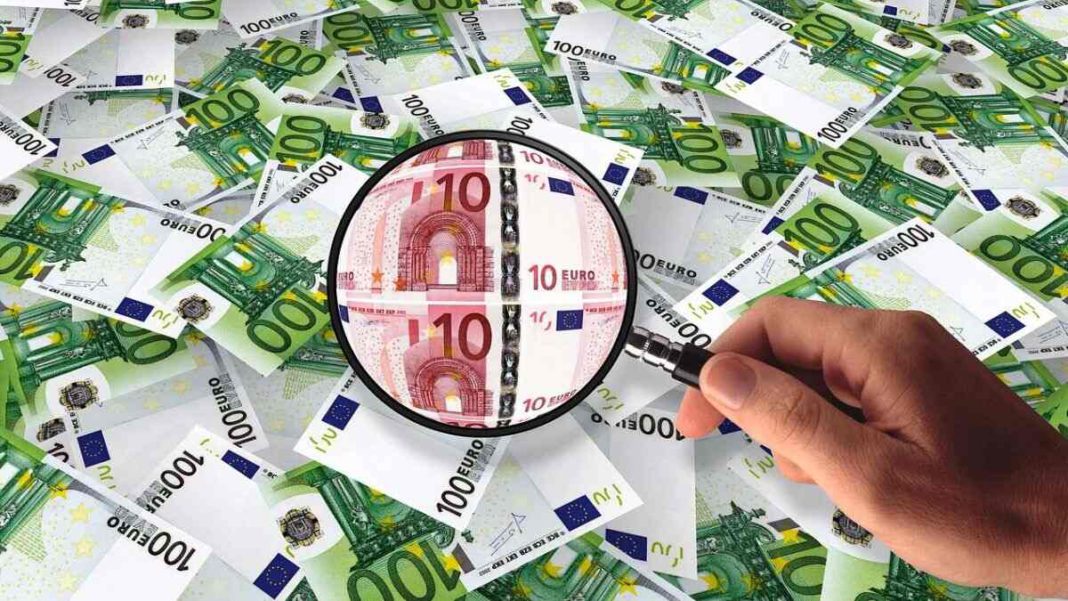GERMANY: The German economy shrank in the first three months of 2023 as compared to the previous three months, thereby entering a recession, as per data from the statistics office released on Thursday.
A second estimate showed that the gross domestic product decreased by 0.3% during the quarter after adjusting for pricing and calendar effects. This comes after a 0.5% drop in the fourth quarter of 2022. A recession is usually described as two consecutive quarters of contraction.
The initial estimate indicated that the GDP had stagnated in the first quarter and that Germany had avoided a recession. Year-on-year, GDP declined by 0.5% after adjusting for price and calendar effects.
Andreas Scheuerle, an economist with DekaBank, stated that the German consumer had “fallen to his knees under the weight of immense inflation, dragging the entire economy down with him.”
After adjustments for pricing, seasonal, and calendar changes, household consumption fell by 1.2% quarter over quarter. Additionally, there was a huge 4.9% quarterly decline in government spending.
Carsten Brzeski, ING’s global head of macro, said, “Warm winter weather, a resurgence in industrial output aided by China’s reopening, and a reduction in supply chain frictions were insufficient to lift the economy out of the recessionary danger zone.”
In contrast, investment increased in the first three months of the year after a sluggish second half of 2022. When compared to the prior quarter, investment in machinery and equipment climbed by 3.2%, while investment in construction increased by 3.9%.
Trade made helpful contributions as well. While imports decreased by 0.9%, exports increased by 0.4%. Joerg Kraemer, chief economist at Commerzbank, stated, “The massive rise in energy prices took its toll in the winter half-year.”
A recession couldn’t be dodged, and the question now is whether or not there will be a recovery in the second half of the year. “Looking beyond the first quarter, the optimism at the start of the year seems to have given way to more of a sense of reality,” said ING’s Brzeski.
A decline in purchasing power, dwindling industrial order books, a tightening of monetary policy that is forceful, and the anticipated recession of the U.S. economy all support sluggish economic activity.
Following the dip in the Ifo business climate on Wednesday, all important leading indicators for the manufacturing sector are currently declining, as per Kraemer from Commerzbank.
However, the German Bundesbank anticipates a slight expansion of the economy in the second quarter as a recovery in the industry more than makes up for sluggish home consumption and a downturn in building, as per a monthly economy report released on Wednesday.
Also Read: Virgin Orbit Sells Assets Worth over $35 Million as Company Ceases Operations



